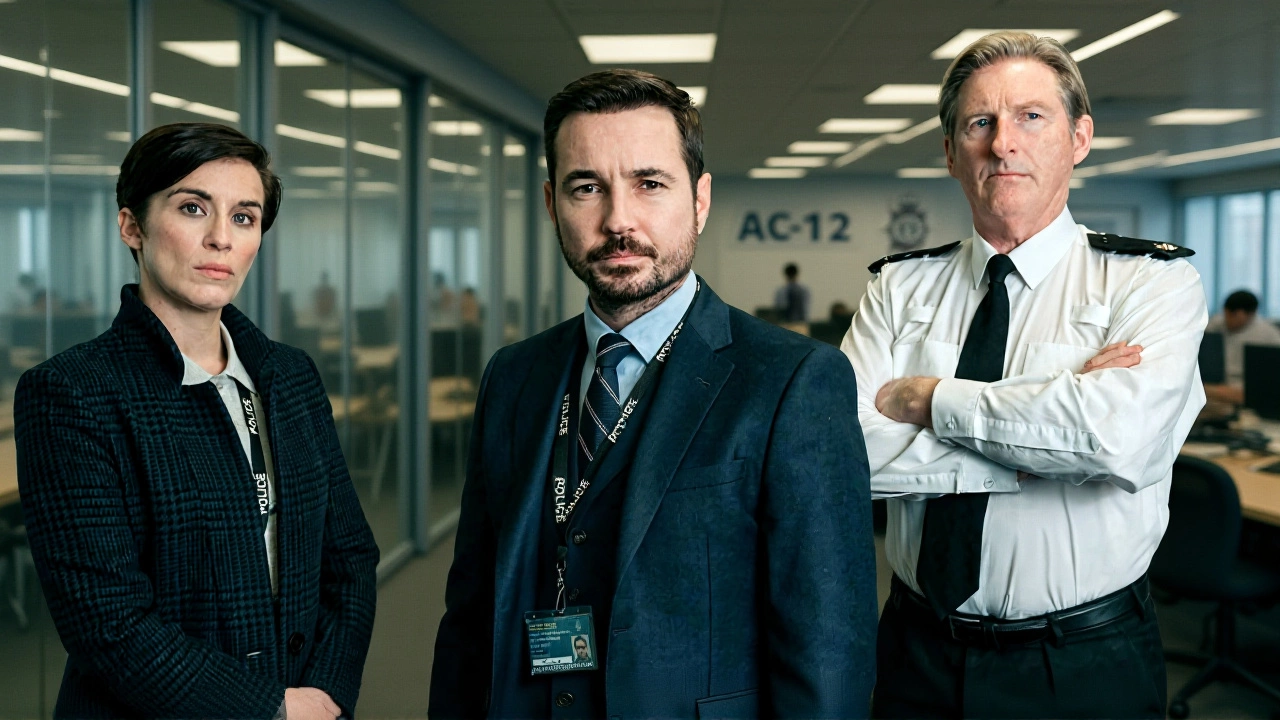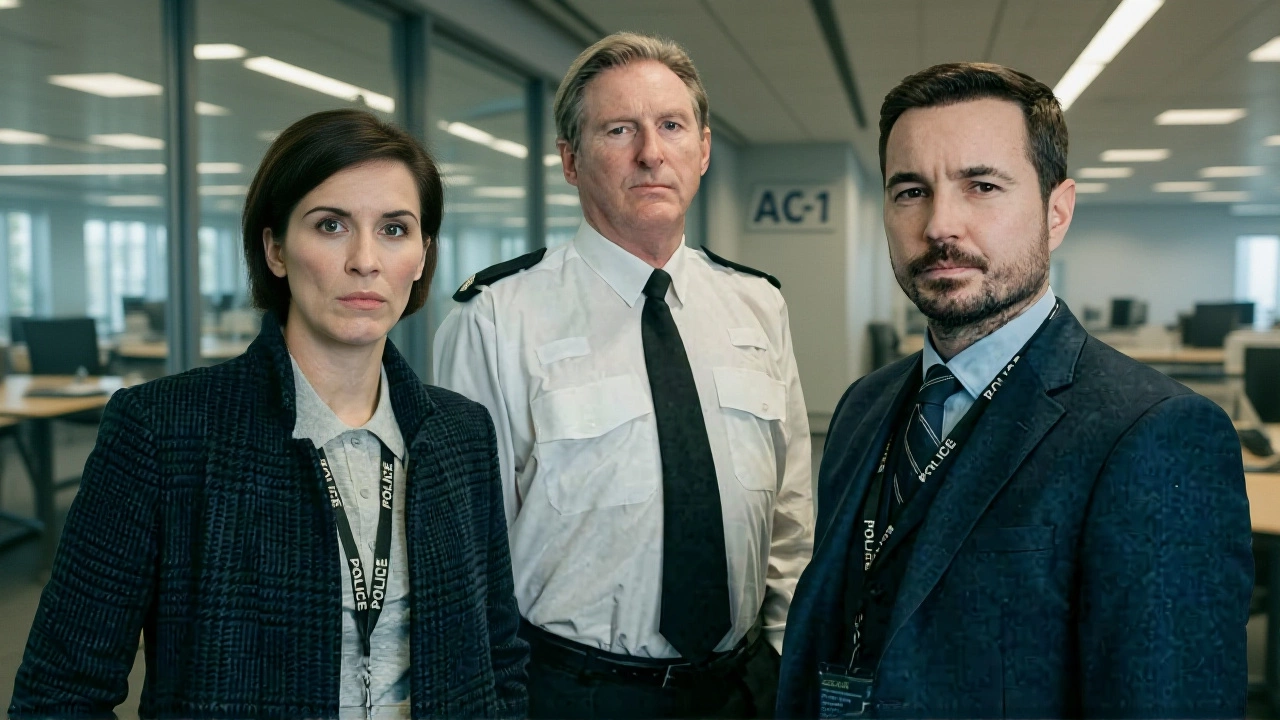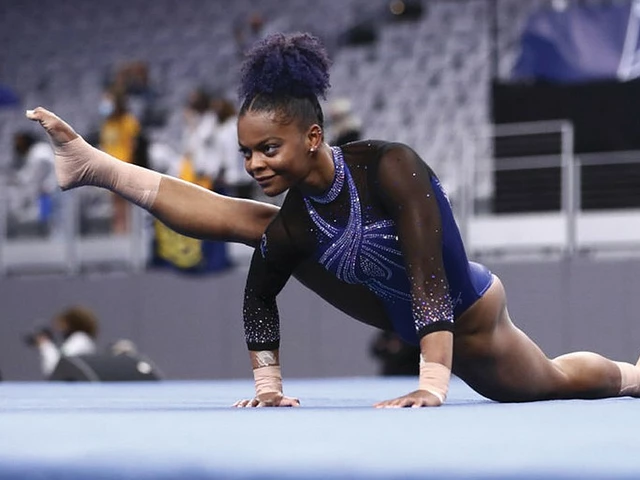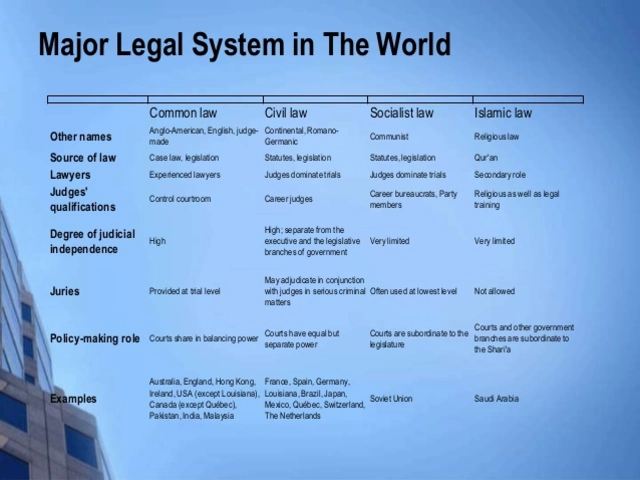The British crime drama that turned viewers into obsessive investigators is back. BBC has officially renewed Line of Duty for a seventh season, ending a 4-year, 3-month silence since Season 6 wrapped on August 2, 2021. The announcement came on November 18, 2025, with filming set to begin in Belfast next spring—March through May 2026. But here’s the twist: while the BBC’s press release called it a "five-year absence," Lindsay Salt, Director of BBC Drama, insisted it had been "four long years." The math doesn’t lie—it’s been 1,568 days. So why the discrepancy? Maybe it’s the kind of dramatic flair that fits the show’s tone. After all, if you’re writing about corrupt cops, a little ambiguity never hurts.
Who’s Coming Back—and Why It Matters
The core team is intact. Martin Compston returns as the morally rigid Detective Sergeant Steve Arnott, the man who walked away from his own team to expose wrongdoing. Vicky McClure reprises Detective Constable Kate Fleming, the sharp, emotionally bruised investigator who’s seen too much. And Adrian Dunbar is back as Superintendent Ted Hastings, the enigmatic, rule-bound boss whose loyalty is always in question. These three aren’t just actors—they’re the emotional anchors of a series that’s spent six seasons asking: Who can you trust when the badge is the mask?At the center of it all is Jed Mercurio OBE, the show’s creator, head writer, and executive producer. He wrote every episode of the first six seasons. And now, he’s writing all six of Season 7’s episodes himself. "Corruption in this country is supposed to have come to an end while Line of Duty was off air," Mercurio said in his statement, "so I’ve been forced to use my imagination." That line alone tells you everything. This isn’t just a return—it’s a reckoning.
Production, Budget, and the Belfast Factor
All filming will take place in Belfast, continuing the show’s long-standing tradition of using Northern Ireland’s gritty urban landscapes to mirror its moral ambiguity. The production is being handled by World Productions Limited, the London-based company that’s been behind every frame since 2012. Industry insiders say the budget for each episode likely sits between £1.2 million and £1.5 million—similar to previous seasons—though the BBC hasn’t confirmed figures. What we do know: no new locations. No relocation. Just the same rain-slicked streets, interrogation rooms with one-way mirrors, and those unforgettable, tension-filled interviews.It’s a deliberate choice. Belfast isn’t just a backdrop—it’s a character. The city’s post-conflict architecture, its mix of modernity and decay, mirrors the show’s themes: institutions that claim to protect, but often conceal. The Royal Television Society confirmed the season will again consist of exactly six 60-minute episodes. No expansion. No filler. Just tight, relentless storytelling.
Why This Isn’t Just Another Revival
Most TV shows return because they’re profitable. Line of Duty returns because it’s necessary. Its viewership didn’t just stay strong—it grew. Season 6 drew over 7 million viewers in the UK alone, making it the most-watched drama of the year. Critics called it "a masterpiece of suspense." Fans dissected every pause, every glance, every coded phrase in the "Hastings code." It became a cultural event. People scheduled their lives around it. Offices had "AC-12 watch parties." Reddit threads hit 10,000 comments before the credits rolled.And now, after four years, the public’s hunger hasn’t faded—it’s intensified. The timing is no accident. With police accountability under renewed scrutiny globally, and public trust in institutions at historic lows, Line of Duty isn’t just entertainment. It’s a mirror. Mercurio knows that. Salt knows that. And the fans? They’ve been waiting for this.

What’s Next? The Release Window and the Wait
Filming runs from March to May 2026. Post-production will take 8–10 months. Based on BBC’s usual timeline for high-end dramas—think Bodyguard, Line of Duty’s spiritual cousin—the earliest possible air date is April 2027. Most experts predict a late spring release: May or June 2027. No official date yet. But if you’re planning a viewing party, pencil in late May. Mark your calendar. Set your reminders. Because this isn’t just another season. It’s the final chapter of a saga that redefined British television.The Legacy of AC-12
When Line of Duty premiered in 2012, police procedurals were dominated by procedural fluff: quick arrests, clean resolutions, tidy endings. This show flipped that. It showed how corruption doesn’t always wear a black hat. Sometimes it wears a uniform. Sometimes it’s the man you admire. Sometimes it’s the system itself. The show’s brilliance lies in its refusal to offer easy answers. Every season ended with more questions than answers. And yet, we kept coming back.Season 7 will be the first to air after the show’s creator has had time to reflect on real-world events—the rise of internal investigations, the #DefundThePolice movement, the collapse of public trust in law enforcement across the UK and beyond. Mercurio has said he’s "forced to use his imagination." But what if his imagination is just a little too close to reality?
Frequently Asked Questions
Will Season 7 be the final season of Line of Duty?
Jed Mercurio has not confirmed whether Season 7 will be the last, but he has hinted that the story arc for AC-12 is nearing its natural conclusion. With the core trio returning and the narrative focus on systemic corruption rather than individual villains, this season is widely expected to serve as a definitive ending—though Mercurio has left the door open for a spinoff centered on a new unit.
Why is filming in Belfast instead of England?
Belfast offers tax incentives, lower production costs, and a distinct visual aesthetic that suits the show’s tone. More importantly, Northern Ireland’s post-conflict urban landscape provides a layered, authentic backdrop for stories about institutional decay. The city’s architecture, from brutalist housing estates to modern police stations, has become synonymous with the show’s atmosphere since Season 1.
How many episodes will Season 7 have, and how long is each?
Season 7 will consist of exactly six episodes, each running 60 minutes—identical to every prior season. The Royal Television Society confirmed this structure on November 18, 2025. The format is intentional: tight, high-stakes storytelling without filler. No extended arcs, no subplots. Just the relentless pursuit of truth.
What’s the timeline between filming and broadcast?
Filming runs March–May 2026. Post-production—including editing, scoring, and color grading—typically takes 10–12 months for BBC dramas. Based on past patterns, Season 7 is expected to air between April and June 2027. The BBC has not announced a specific date, but industry insiders suggest late May 2027 as the most likely window, aligning with the network’s traditional spring drama slot.
Why did the BBC say "five years" when it’s been just over four?
The "five-year absence" phrasing in the initial announcement likely refers to the time since the *last season began* (Season 6 premiered in March 2021), not when it ended (August 2021). It’s a common media tactic to stretch the timeline for dramatic effect. Lindsay Salt’s "four long years" is the more accurate figure—based on the actual gap between the final episode and the renewal announcement.
Will there be new characters in Season 7?
No new main cast members have been announced, but supporting roles are expected to expand. The BBC confirmed "further casting" is underway, according to Radio Times. Given the show’s history of introducing complex, morally ambiguous figures—like the infamous "Balaclava Man" or the corrupt Chief Superintendent Derek Hilton—it’s likely Season 7 will feature at least one new antagonist whose identity is hidden until the final episode.



